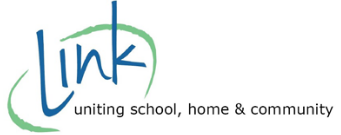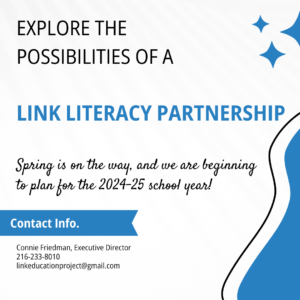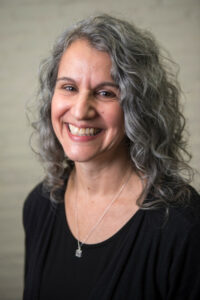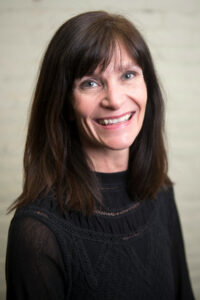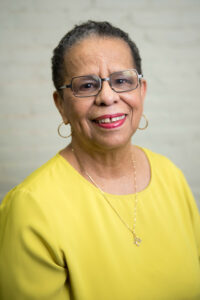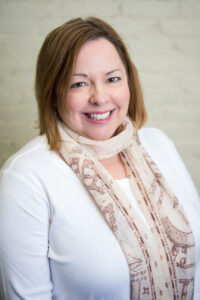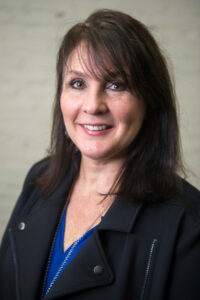I know this isn’t a popular opinion these days, but I believe the quality of teaching is better in this country than it was 40 years ago.
Forty years ago, when I was in school, science experiments were rare; we read about science from a textbook. There was no flexible grouping for teaching reading; we had the blue birds, the red birds, and the sparrows. There was only one way to solve a math problem and it didn’t involve manipulatives; consequently, a whole generation believed themselves “bad at math.”
So, yes, I think the teaching is better.
But why does it seem like there are still so many struggling schools? Some of the schools, anyway … those that serve our neediest students.
Everyone seems to have a theory about this. Teachers and teacher unions are a popular scapegoat for those outside the profession. Other folks, often without school-age children themselves, blame the breakdown of the family, or what they consider to be a lack of values in our youth. Still others point to technology and the advent of the iPhone. Educators debate the damage done by the culture of testing, increased trauma for kids, school choice, and unrealistic standards and expectations. Those with money (Bill Gates, Betsy DeVos, et al.) get the chance to push their theories on the American public.
If you’re reading this, hoping I’ll share an enlightened opinion about any of the above, I’m sorry to disappoint. I will tell you that I’m sure several of the above are contributing factors to greater or lesser degree. I do find testing oppressive, and I think we do a real disservice to teachers, students, and families with policies such as the “Third Grade Reading Guarantee” here in Ohio.
But how can we fix it?
I was always of the belief that education could be the great equalizer. Beautiful stories such as the recently popular Educated by Tara Westover, share the impact of schooling over poverty and ignorance. As an educator, I love those stories. They always made me feel that, if we just worked really hard and did our very best teaching, all schools would be great, and all children could succeed.
I’m reminded of an opinion piece I read last summer* which identified my approach as “educationism” – the belief that fixing America’s education system will fix inequality, will give all kids the access to great schools. And as a literacy consultant, fixing (or supporting, as I prefer to call it) is the work I do. But I know it’s not enough. It’s just not enough. Are there things that need fixing in our schools and in our communities? Of course. Many are listed above. But deep down, I think we all know that the real problem is more pervasive and harder to address … It’s the growing chasm between the haves and the have nots. And until we fix the problem of inequality, all students aren’t going to get a great education, no matter how dedicated their teachers are.
I strongly suggest reading the article, below, if you are truly interested in supporting education. Using teachers or families as punching bags isn’t going to get it done. But voting just might.
